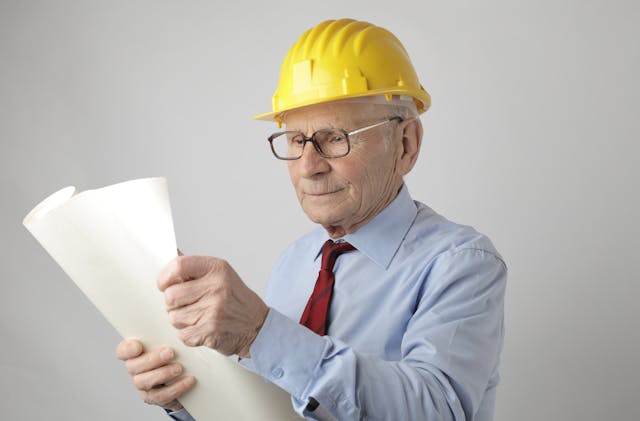As Canadian seniors age, ensuring their homes are safe becomes increasingly important. Safety-proofing a home can prevent accidents, increase comfort, and allow seniors to maintain their independence longer. Here’s how seniors can take steps to make their homes safer.
1. Preventing Falls
Falls are the leading cause of injury among seniors, making fall prevention a top priority. Simple modifications can reduce the risk:
- Install Grab Bars: Grab bars in the bathroom, especially near the toilet and in the shower or bathtub, provide extra support and help prevent slips.
- Remove Tripping Hazards: Loose rugs, electrical cords, and clutter can easily cause trips and falls. Removing these hazards or securing rugs with non-slip backing is essential.
- Improve Lighting: As vision declines with age, well-lit areas are crucial. Install brighter bulbs and ensure that all areas of the home, especially stairways, hallways, and entrances, are well-lit. Motion-sensor lights are also a good option for night-time safety.
- Non-Slip Mats: Place non-slip mats in the shower, bathtub, and kitchen. These mats provide extra traction and reduce the risk of slipping on wet surfaces.
- Handrails: Ensure that staircases have sturdy handrails on both sides. This provides additional support when climbing up or down the stairs.
2. Enhancing Bathroom Safety
Bathrooms can be hazardous due to wet surfaces and small spaces. Making a few changes can significantly improve safety:
- Walk-in Shower or Bathtub: Consider installing a walk-in shower or bathtub with a built-in seat to make bathing easier and safer.
- Adjustable Showerheads: An adjustable showerhead on a hose allows seniors to bathe while sitting, reducing the need for bending or stretching.
- Raised Toilet Seats: A raised toilet seat makes it easier to sit down and stand up, reducing strain on the knees and back.
3. Kitchen Safety
The kitchen is another area where accidents can occur. To enhance safety:
- Accessible Storage: Arrange frequently used items within easy reach to avoid the need to climb or stretch. Install pull-out shelves or lazy Susans to make items more accessible.
- Automatic Shutoff Devices: Install devices that automatically turn off the stove or oven if they’re left unattended, reducing the risk of fire.
- Easy-to-Use Appliances: Opt for appliances with large, easy-to-read controls and simple operation. This can prevent accidents caused by confusion or difficulty in using more complex gadgets.
4. Fire Safety
Fire safety is crucial in any home, especially for seniors. To protect against fires:
- Smoke and Carbon Monoxide Detectors: Install smoke and carbon monoxide detectors on every level of the home, especially near bedrooms. Test them regularly and replace batteries at least once a year.
- Fire Extinguishers: Keep a fire extinguisher in the kitchen and know how to use it. It’s also wise to have one near the bedroom in case of an emergency.
- Emergency Exits: Ensure that all exits are accessible and not blocked. Make a plan for a quick exit in case of fire, and practice it regularly.
5. General Home Maintenance
Regular home maintenance is key to preventing accidents:
- Check Flooring: Repair or replace loose floorboards, tiles, or carpeting that could cause trips.
- Maintain the Exterior: Keep walkways, steps, and driveways in good condition. In winter, ensure that snow and ice are cleared promptly and consider using salt or sand to improve traction.
- Keep Emergency Numbers Handy: Ensure that emergency contact numbers are easily accessible, preferably next to the phone or on a speed-dial setting.
Conclusion
Safety-proofing a home is a crucial step for Canadian seniors to ensure a secure, comfortable living environment. By making these adjustments, seniors can reduce the risk of accidents and continue to live independently for as long as possible.








